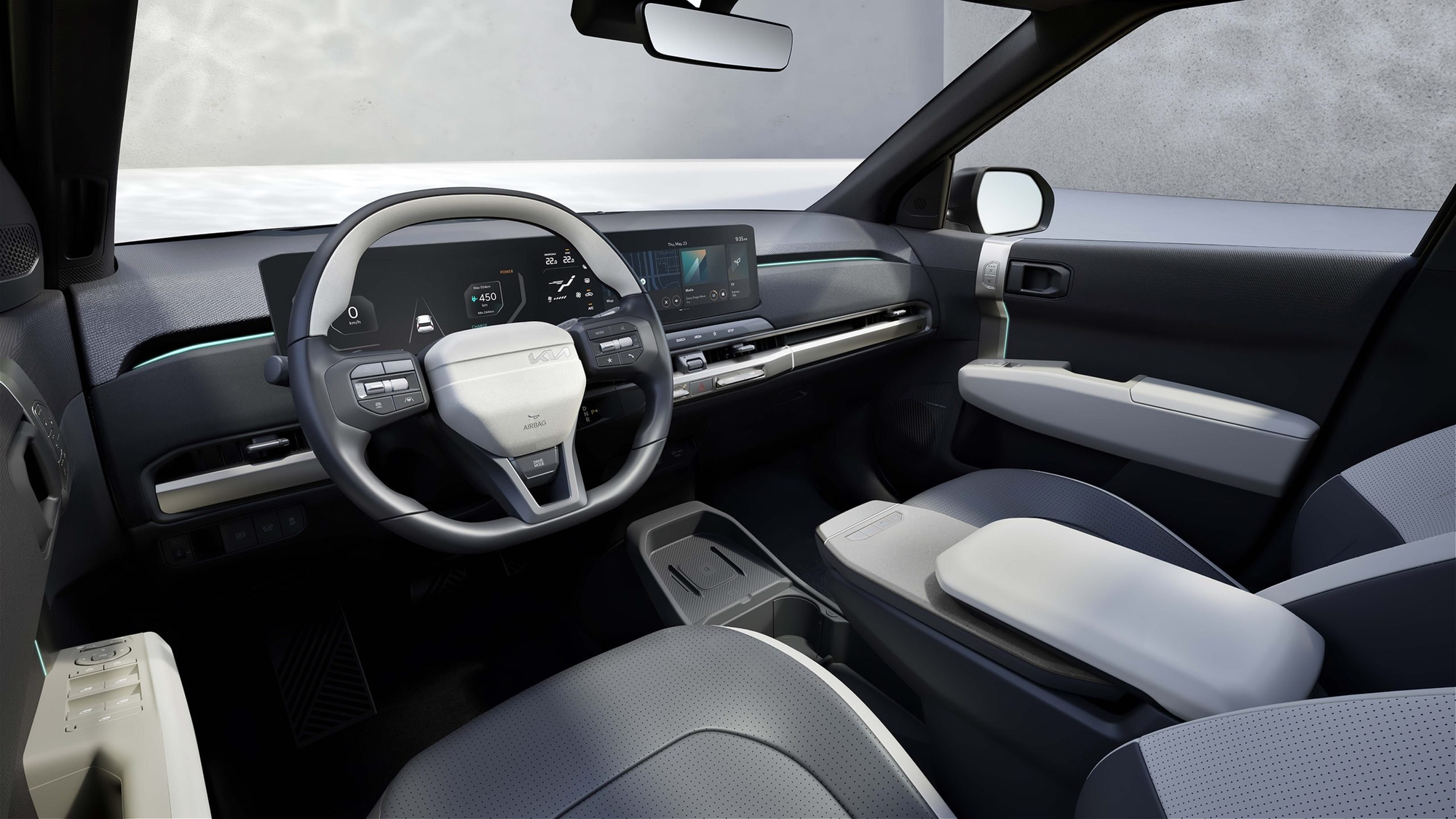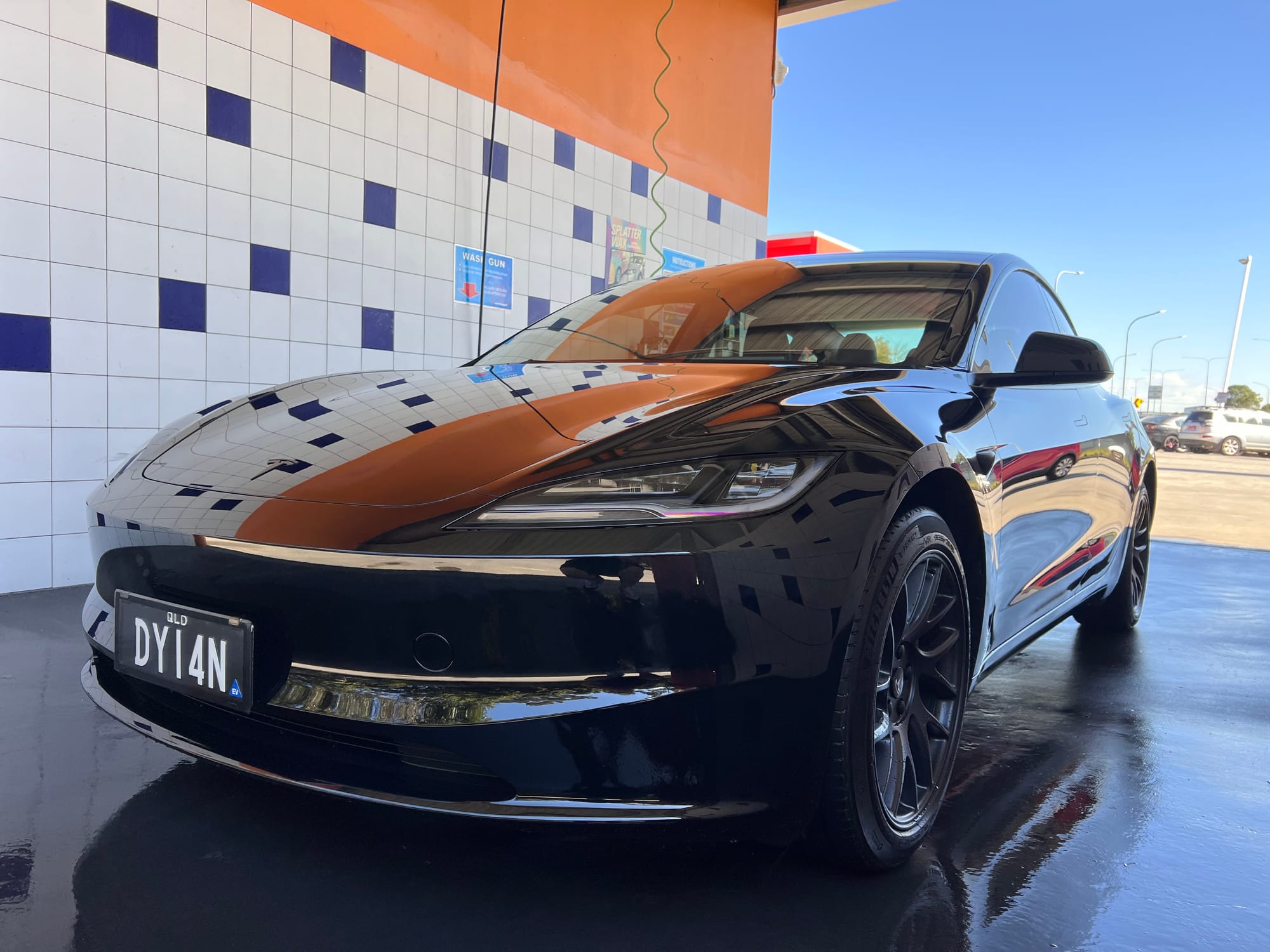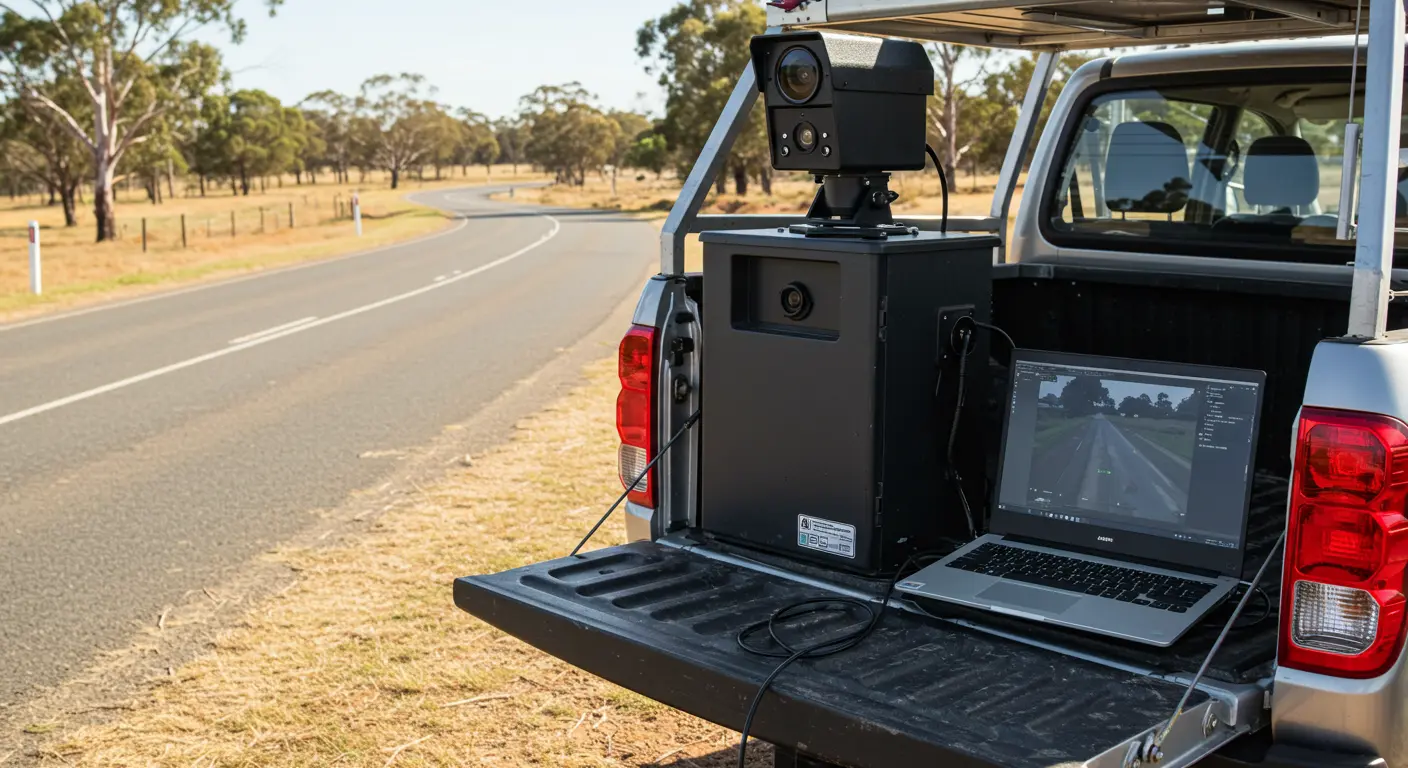As electric vehicles become more prevalent, the used EV market is expanding, offering more affordable options for eco-conscious buyers. However, purchasing a used EV comes with unique considerations compared to traditional internal combustion engine (ICE) vehicles. This guide combines expert opinions to help first-time buyers navigate the most important factors when considering a used electric vehicle.

Key Factors to Consider
1. Battery Health and Range
The battery is the heart of an electric vehicle, and its condition is crucial to the car's performance and value.
- Check the battery's state of health, which is often displayed in the vehicle's dashboard or infotainment system.
- Compare the current range to the original range when new. Some degradation is normal, but significant loss could indicate issues.
- Ask about the battery's warranty status. Many manufacturers offer 8-year/100,000-mile warranties on EV batteries.
2. Charging Compatibility and Infrastructure
Understanding the charging capabilities of the EV and the available charging infrastructure is vital.
- Check the type of charging port the vehicle uses (e.g., Type 1, Type 2, CCS, CHAdeMO).
- Ensure the vehicle comes with necessary charging cables, especially the home charging cable.
- Research the availability of public charging stations in your area, particularly fast-charging options for longer trips.
3. Vehicle History and Maintenance
Like any used car, the EV's history and maintenance record are important.
- Request a comprehensive vehicle history report to check for accidents or major repairs.
- Review the service history, focusing on any battery-related maintenance or software updates.
- Check for any outstanding recalls or known issues specific to the model.
4. Age and Mileage
While EVs generally have fewer moving parts than ICE vehicles, age and mileage still matter.
- Consider the model year and any significant updates or improvements made in subsequent years.
- Higher mileage isn't necessarily a red flag for EVs, but it may indicate more wear on components like suspension and brakes.
5. Performance and Features
Evaluate the vehicle's performance and features to ensure they meet your needs.
- Test drive the vehicle to assess acceleration, braking, and overall driving experience.
- Check for advanced features like regenerative braking, which can significantly impact range and driving style.
- Ensure the battery management system and infotainment features are functioning correctly.
6. Cost of Ownership
Consider the long-term costs associated with EV ownership.
- Research insurance costs, which can sometimes be higher for EVs.
- Calculate potential savings on fuel and maintenance compared to an ICE vehicle.
- Check if the vehicle is eligible for any government incentives or rebates, even as a used purchase.
7. Depreciation and Resale Value
Understand how EVs depreciate compared to traditional vehicles.
- Research the model's depreciation curve, as some EVs may depreciate faster than others.
- Consider how future advancements in EV technology might impact the vehicle's resale value.
8. Brand Reputation and Support
The manufacturer's reputation and ongoing support can be crucial for EVs.
- Research the brand's commitment to EVs and their track record with battery technology.
- Check the availability of authorized service centers in your area that can work on EVs.
Expert Opinions
Experts consistently emphasize the importance of battery health when considering a used EV. As one reviewer from RACV notes, "The battery is a crucial component of an electric car, so it's essential to assess its health and lifespan before purchasing."
CarExpert highlights the significance of charging infrastructure, stating, "Ensure you have access to reliable charging options, whether at home or through public charging networks, before committing to an EV purchase."
Regarding performance, Drive advises, "Take the car for a thorough test drive, paying attention to acceleration, braking, and any unusual noises or vibrations that could indicate issues."
Final Thoughts
Buying a used electric vehicle for the first time requires careful consideration of several factors, with battery health and charging compatibility being paramount. By thoroughly researching these aspects and conducting a comprehensive inspection, first-time buyers can make an informed decision and enjoy the benefits of electric vehicle ownership.
Remember, while the used EV market offers more affordable options, it's crucial to balance the initial cost savings against potential long-term considerations such as battery replacement or technological obsolescence. With proper due diligence, a used EV can offer an excellent entry point into electric mobility, combining environmental benefits with potentially lower running costs.













